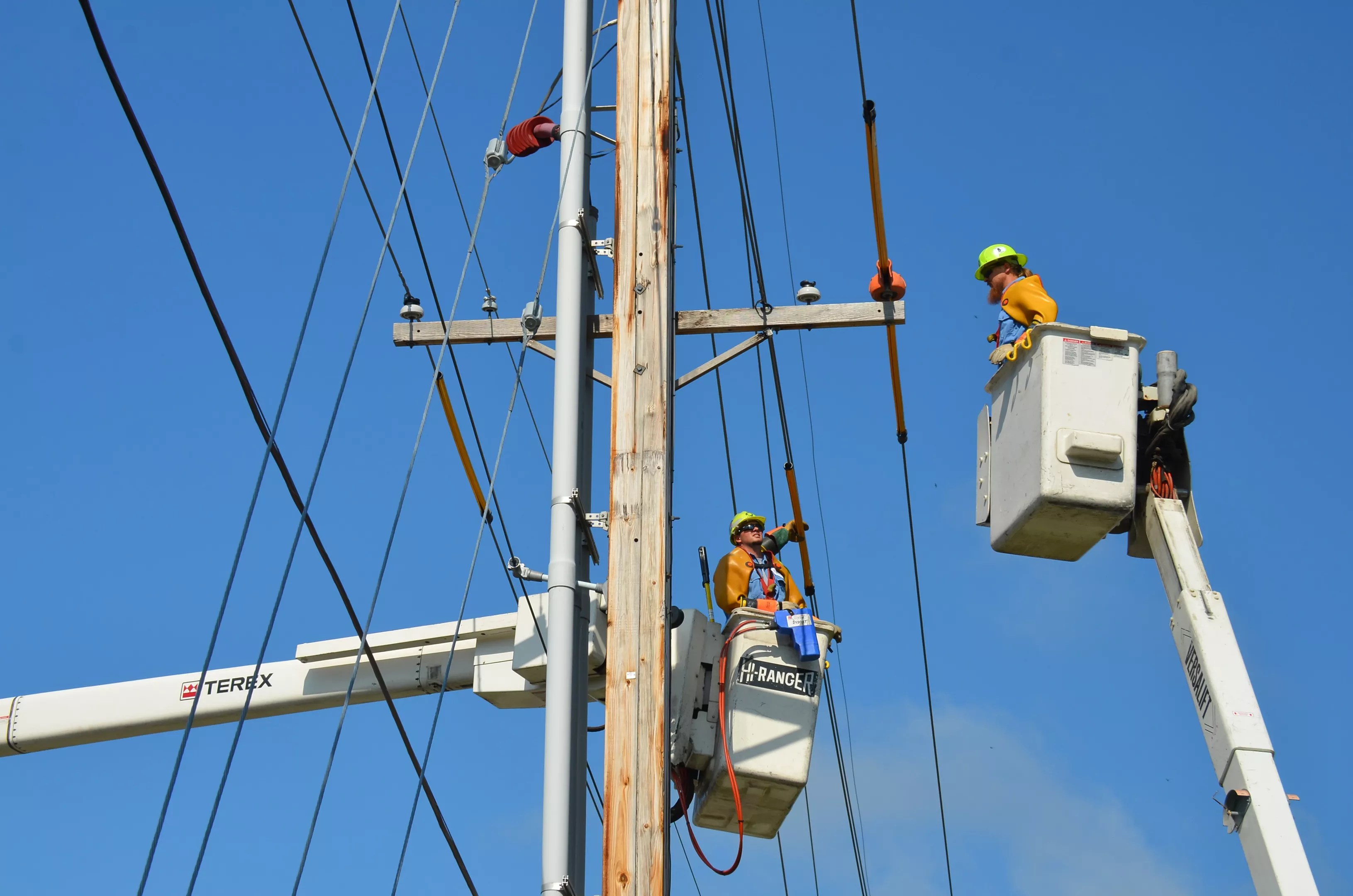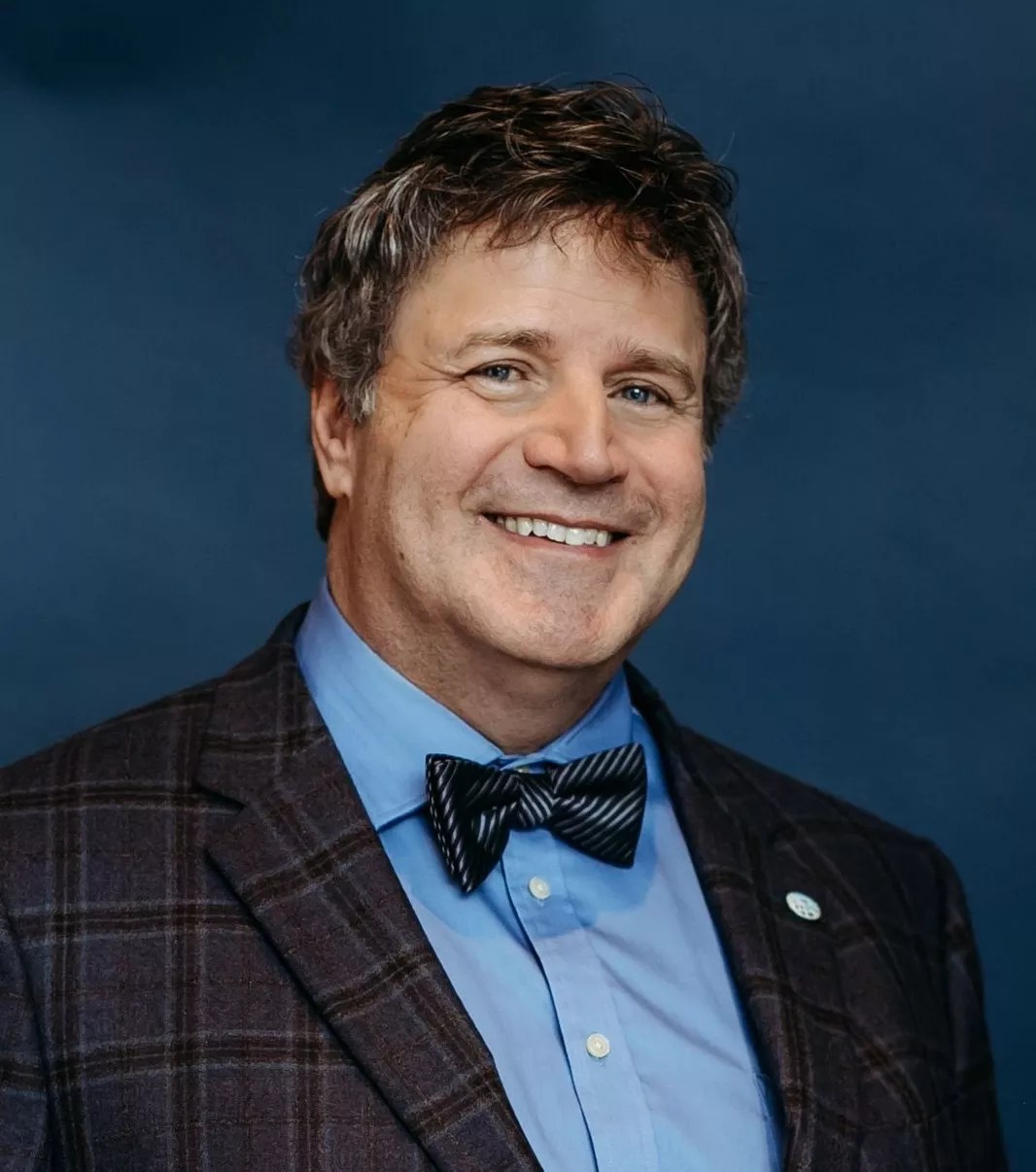
American Public Power Association

Audio By Carbonatix
It’s not 2011 anymore, but some people are still getting worked up about the 1 percent. This time, however, that 1 percent doesn’t refer to Occupy Wall Street – but to an alleged “1 percent con” by Xcel Energy, according to Citizens Against Utility Abuse (CAUA)
The grassroots consumer protection group wants the state Public Utilities Commission (PUC) to investigate a claim that Xcel is unfairly allocating 1 percent of the amount customers pay for their electricity usage by Coloradans who live in areas where the utilities provider does not have a franchise agreement.
For those who live in areas with franchise agreements, like Denver, 1 percent of their monthly bill goes into a fund that is used to move overhead power lines underground. But in places where there is no franchise agreement, like unincorporated county areas, the percentage sits in a fund collecting interest for Xcel, a CAUA claim filed February 22 alleges.
The franchise plan’s implementation date depends on the municipality, but Denver’s began in 2006. The group is asking the PUC to find out how many people are affected and to reimburse those who paid into the fund and shouldn’t have.
“It’s more of a backlash to the overcharging of fees,” says CAUA executive director Brad Evans. “If the state decides to act on it, maybe we get refunds back for people.”
The allocation isn’t listed on bills, but, according to the complaint, is part of the General Rate Schedule Adjustment category, which adjusts for the latest Xcel rate case.
“It is clear that non-franchise agreement area customers are being charged this fee, because the GRSA rate does not vary between a franchised city customer’s bills and the bills of an unincorporated county customer,” the complaint says.
The CAUA argues that it is illegal to allocate money to a fund that unfranchised customers can never access. And even if it isn’t, non-franchised customers shouldn’t have to pay the 1 percent fee.
The group is also concerned that Xcel customers in franchised areas aren’t getting their money’s worth. According to the complaint, Denver residents could be putting as much as $110 million into the fund annually, but Xcel has only approved $4 million to $6 million worth of undergrounding projects each year.
“It seemed like it was a promise to kind of sweeten the pot for the franchise cities, and then the utility is not really doing the work,” Evans says. “If I understand it correctly, the process is the city has to request it – but if they don’t request it, then Xcel doesn’t have to do it.”
In small municipalities, CAUA argues, the opposite could be true: Xcel might never put enough into the fund to generate the capital for an undergrounding project.
Xcel spokesperson Michelle Aguayo says that the fund is not an additional charge on customer bills, but gives places with franchise agreements the ability to determine which distribution lines they want to go underground.
“We do have an annual budget to maintain these lines, and we spread the work across all the areas we serve in Colorado, regardless of a franchise agreement,” Aguayo says. “Customers who don’t reside in a city or town with a franchise don’t pay the franchise fee on electric and gas on their bill.”
CAUA argues that those in non-franchised areas pay into the fund despite not paying a franchise fee on their bill, because the fund is allocated from the general rate adjustment rather than the franchise fee. It’s asking the PUC to determine who is correct.
Xcel Fees, by the Numbers
The group is also asking the PUC to figure out how many people are impacted. Xcel serves 210 communities in the state and has franchise agreements with 126, so CAUA alleges 84 communities are being charged incorrectly. In the complaint, CAUA used data from unincorporated Jefferson County as an example, citing approximately 81,000 residences.

Jefferson County Treasurer Jerry DiTullio supports the complaint.
Jerry DiTullio
“If you take the average monthly electrical bill of $142/month, that means that each residence pays an average $1.42 in 1% fees every month,” the filing lays out. “Multiplied by 81,000 residences equals $1,380,024 of fraudulently charged fees each year – for just one of Colorado’s counties.”
Jefferson County Treasurer Jerry DiTullio supports the complaint.
“The cost of doing business is expensive in Jefferson County and Colorado, and it bothers me when it’s almost taxation without representation, because you can’t do anything about it. As a resident, you can’t get the money back,” he says. “As a county treasurer, when I hear the stories every day about people who are trying to pay their property taxes and make ends meet, it gets me frustrated with Xcel.”
In the fall of 2023, the PUC approved a $96 million rate increase for electricity, averaging about $4 more per month on the average residential bill. In April 2022, it had already added a $182 million rate increase, equating to an estimated $5.24 per month extra for most residents.
Evans, who famously founded anti-ugly construction group Denver FUGLY, says CAUA is concerned about Colorado’s cost of living. He sees this as one more example of fees people shouldn’t have to pay to live here.
As of February, Colorado’s Low-income Energy Assistance Program (LEAP) – which helps people pay a portion of their winter home heating costs – had received a record number of applications, with over 112,000 Coloradans applying.
Evans hopes that even if CAUA isn’t successful in getting people refunds, perhaps drawing attention to what it sees as unfair fees will benefit the public.
The group hasn’t heard anything from the PUC about a timeline for a decision on the complaint, and the PUC did not respond to a request for comment. But even if the PUC declines to take up the complaint, CAUA doesn’t plan to back down.
“The PUC should be protecting the consumer, so we’re starting there,” Evans says. “If they don’t find it acceptable, then maybe that’s when we find another route.”